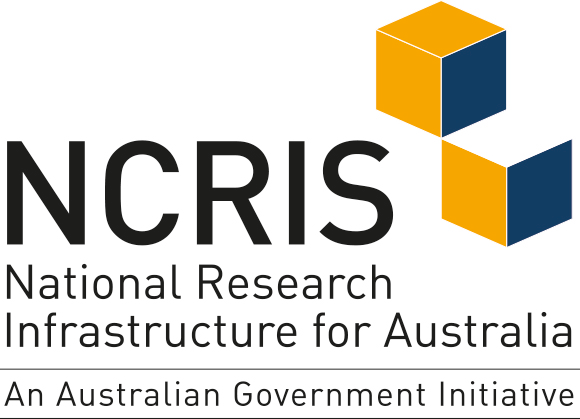Agricultural research resources (data, software, services, algorithms, vocabularies) should be findable, accessible, interoperable and reusable (FAIR).
The FAIR Principles
Findable
Making data Findable includes assigning a persistent identifier (like a DOI or Handle), having rich metadata to describe the data and making sure it is findable through disciplinary and generalist discovery portals (local and international).
- Does the dataset have any identifiers assigned?
- Is the dataset identifier included in all metadata records/files describing the data?
- Is the dataset identifier included in all metadata records/files describing the data?
- What type of repository or registry is the metadata record in?
Accessible
To make data accessible may include making the data open using a standardised protocol. However, the data does not necessarily have to be open. There are sometimes good reasons why data cannot be made open, for example privacy concerns, national security, or commercial interests. If it is not open, there should be clarity and transparency around the conditions governing access and reuse
Interoperable
To be interoperable (i.e., data that is interpretable by a computer, so that they can be automatically combined with other data) the data will need to use community agreed formats, language, and vocabularies. The metadata will also need to use a community agreed standards and vocabularies and contain links to related information using identifiers.
- What (file) format(s) is the data available in?
- What best describes the types of vocabularies/ontologies/tagging schemas used to define the data elements?
- How is the metadata linked to other data and metadata (to enhance context and clearly indicate relationships)?
Reusable
Reusable data should maintain its initial richness. For example, it should not be abridged for the purpose of explaining the findings in one publication. It needs a clear machine-readable licence and provenance information on how the data was formed. It should also use discipline-specific data and metadata standards to give it rich contextual information that will allow for accurate interpretation and reuse.
Wilkinson, M., Dumontier, M., Aalbersberg, I. et al. The FAIR Guiding Principles for scientific data management and stewardship. Sci Data 3, 160018 (2016). https://doi.org/10.1038/sdata.2016.18
AgReFed and FAIR
FAIR is "baked into" AgReFed. Enabling Findable, Accessible, Interoperable and Reusable (FAIR) agricultural data is at the core of AgReFed's vision.
A governance and data stewardship framework indluding a set of domain specific FAIR metrics were developed through community consultation to help enact this vision.
To assist the agricultural research community on its FAIR journey, AgReFed provides the following resources:
Guidance on FAIR research software
A set of minum metadata standards
Additional reading and resources

